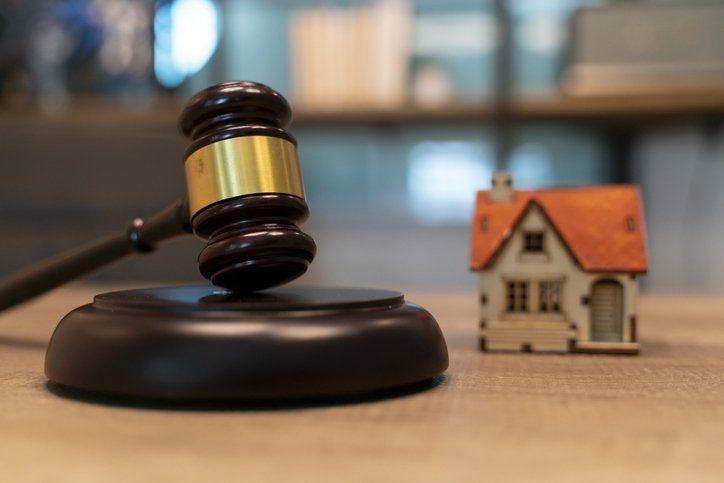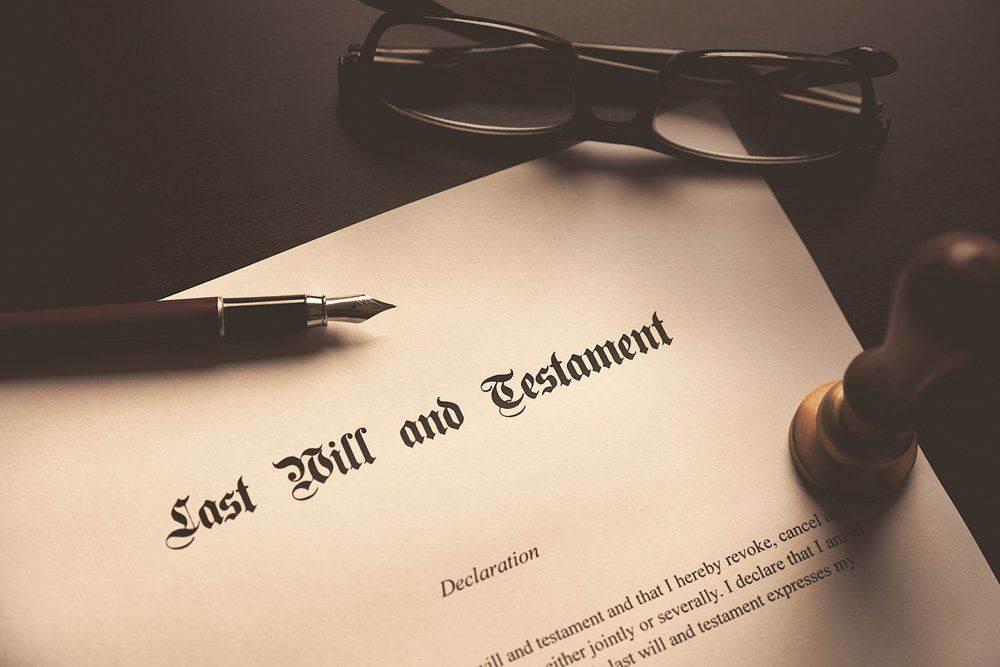California Guardianship of the Estate: FAQ
- By Admin
- •
- 28 Feb, 2020
- •

California law allows, in some situations, a trustworthy adult to take responsibility for some or all of a minor's affairs after the child's legal guardian passes away. The law refers to these legal arrangements as guardianships. One of the main types of guardianship is known as a guardianship of the estate. Here are some frequently asked questions about this important legal concept.
What Is a Guardianship of the Estate?
A guardianship of the estate is a court-approved arrangement where a designated adult is given the responsibility of overseeing the financial assets and property of a minor. California probate courts administer the process to make certain the child's interests are protected. The court-appointed guardian can be a parent, but need not be.
Often, the person who has physical custody of the child is the guardian of the estate as well, although this is not always the case. Typically, a guardian of the estate is appointed when a child comes into possession of significant financial assets, such as when a minor inherits a large estate upon the death of a relative.
What Are a Guardian of the Estate's Responsibilities?
California probate law requires estate guardians to manage the financial affairs of the minor child prudently. For example, if a guardian makes investments on behalf of the child, those investments must not be speculative or reckless. Instead, the guardian is expected to make sound and safe investments that do not risk large losses.
Separation
An important part of managing the estate prudently involves keeping accounts separate. A guardian has the duty to make sure that the child's financial accounts are not connected with the accounts of any other individual, including the guardian.
Inventory
One vitally important responsibility of a guardian of the estate is to create a complete inventory of all of the estate's property and assets. The guardian's legal duty is to locate all of the assets that legally belong to the minor and keep accurate financial records of any and all transactions that involve the estate.
Filing
Another legal requirement is that the guardian file an accurate report of the estate's status on a regular basis. The first report is due in a year after the guardian is appointed. Afterward, a report is due every two years. The guardian doesn't have to file a report, however, if all of the estate's assets are in so called blocked accounts.
What Is a Blocked Account?
In some instances, if the court administering the guardianship feels it's warranted, the judge may order that some or all of the financial accounts of the estate are blocked. A blocked account is one in which no person may withdraw the account's funds without the approval of the probate court.
If a guardian believes that they have a good reason to withdraw funds from a blocked account, they must file a petition in which the reason for removing the funds is explained. If the judge agrees with the guardian's explanation and grants the petition, then the block is lifted.
When Does the Guardianship End?
A guardianship of the estate ends when the minor who owns the estate turns 18. At that point, the individual is now a legal adult and the law assumes that they are capable of managing their own affairs.
If a guardian wishes to end the guardianship before the minor turns 18, they must file a final report with the probate judge and request that they are discharged.
Anyone appointed as the guardian of an estate in California will need expert legal advice, such as that offered by the Law Office of Carla D. Allen, to navigate the complex waters of this important area of probate law. Contact us to learn more.








